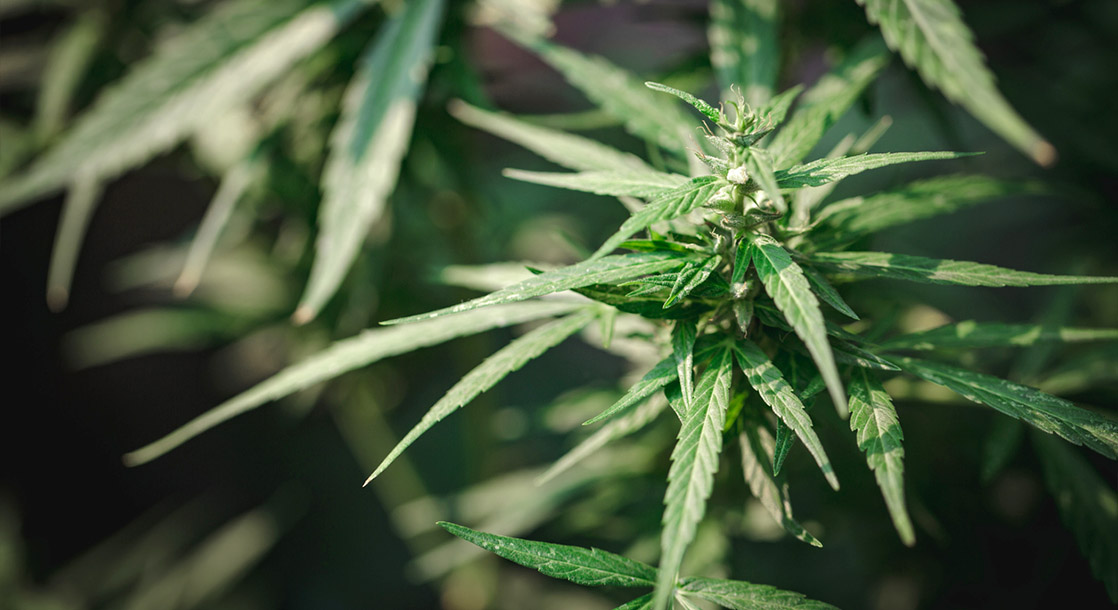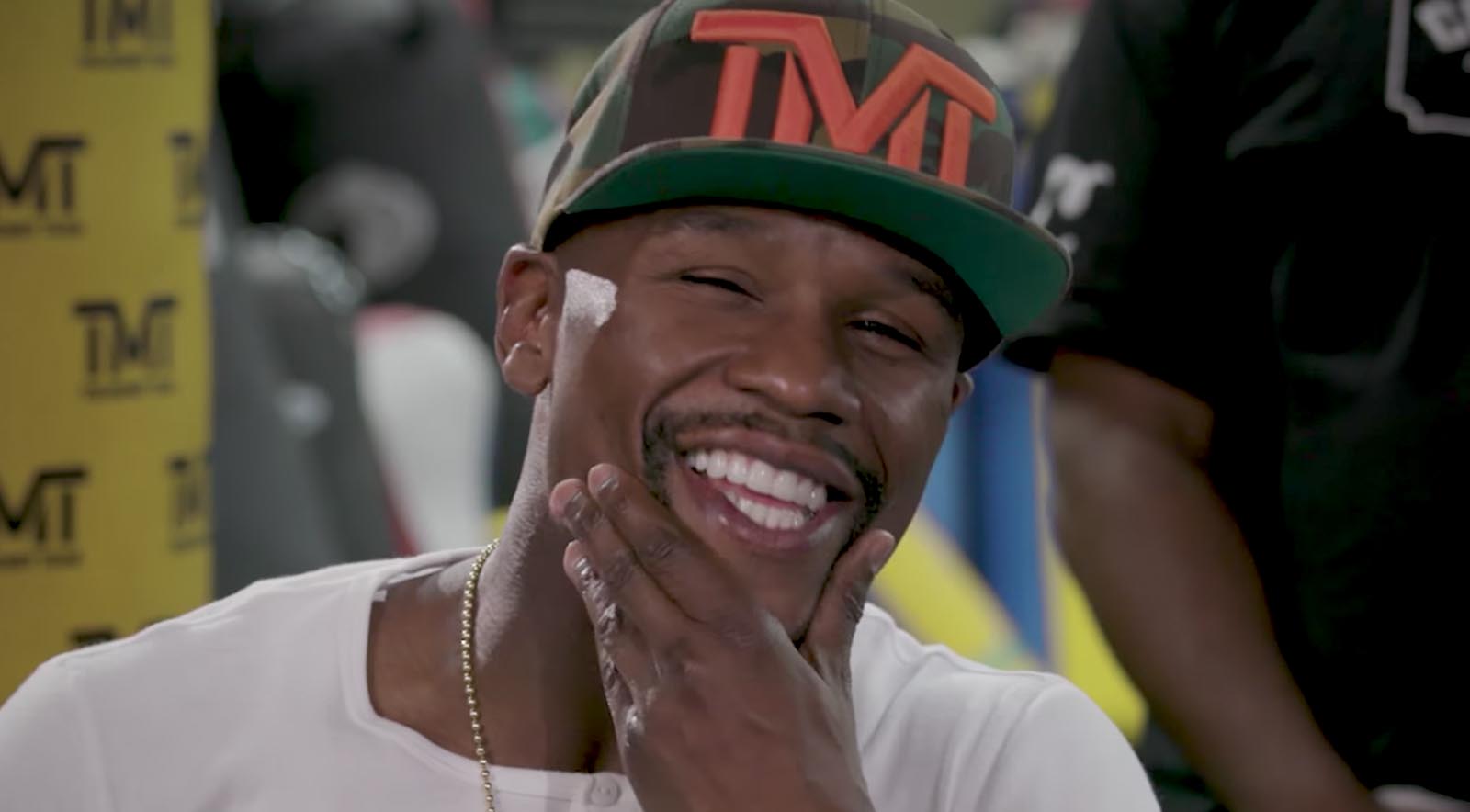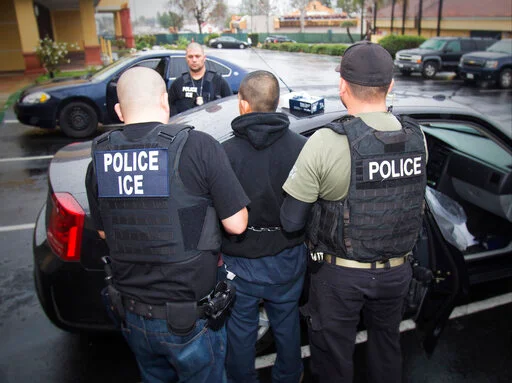New York’s new cannabis regulators have banned weed gifting in an attempt to crack down on gray market sales before legal sales begin.
This April, New York passed its long-delayed adult-use law, officially making it legal for adults over 21 to possess and use cannabis, even in public. The law also sets up a framework for licensed and regulated retail sales, but legal sales are not slated to begin until December 2022. Until that date, the Empire State is stuck in an awkward phase in which adults are legally able to smoke weed, but not legally allowed to buy it.
Like many other adult-use states, New York allows adults to gift each other up to three ounces of pot without compensation. Almost immediately after the law came into effect, a number of businesses across the state began exploiting this loophole by offering “free” weed in exchange for a donation or along with the purchase of a novelty item. Rochester-area HempSol CBD, for example, made local news headlines by offering a “free” eighth of pot to anyone who purchased a $65 T-shirt.
The concept of cannabis gifting really took off in Washington DC, where possession and use is legal, but sales are not. Since the District allows adults to grow their own pot and freely give it to one another, small businesses began offering home-grown bud in exchange for donations or novelty items. These gray market services soon became so popular that the city moved to shut them down, and cops are now arresting more people for weed than they did before DC legalized pot.
Nearly seven months after legalization, New York’s new Cannabis Control Board has yet to introduce regulations for adult-use sales, but has made moves to stamp out the states’ growing cannabis gifting economy. At a recent meeting, the CCB announced that although genuine weed gifting between individuals is legal, businesses are prohibited from exchanging cannabis within any transactional context.
“There is no gray market in New York state,” said CCB chair Tremaine Wright, according to WSKG news. “This conduct is not legal and must stop. Individuals who do not cease run the risk of severe financial penalties.” Wright added that these severe penalties will also apply to anyone caught openly selling weed at unlicensed dispensaries, pop-up shops, or hemp stores.
Jason Klimek, co-head of the cannabis team at the law firm Barclay Damon, told WSKG that he expects that this announcement will clear up any confusion over the legality of gray market sales. “It was fairly predictable that this would be the outcome,” he said. “Paramount is consumer safety, and the chair emphasized that. It was very good for them to say that, because there has been a huge question about this, we get calls almost daily.”
Now that regulators have made the new guidelines official, local prosecutors and cops are free to take action against gifting services. “Perhaps law enforcement is more likely to engage at this point, and if they were to do that, they would probably go after a sort of bigger operator to set an example,” said Klimek to WSKG.
New York is not the only state struggling to get a handle on weed gifting. In 2018, Vermont legalized the possession and use of cannabis without also legalizing sales, leaving cops with the burden of busting both gray and black market weed dealers. State lawmakers eventually saw the error of their ways, and passed a law last year to legalize licensed and regulated sales by next fall.
New Jersey has also been cracking down on gifting services since legalizing weed this February, and Virginia lawmakers got a jump on the gun by explicitly banning weed gifting in the state’s new adult-use law. Washington DC has also repeatedly tried to legalize adult-use sales, but the federal government has explicitly prevented the city from doing so.











